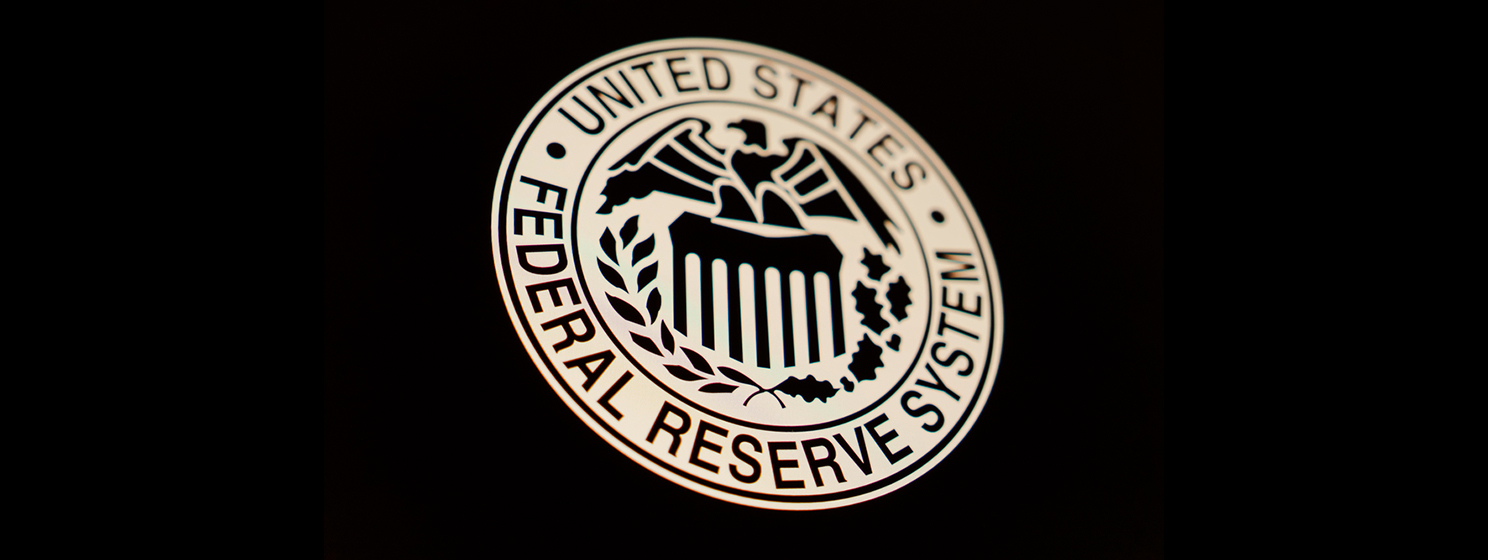
|
Getting your Trinity Audio player ready...
|
A trio of Malaysian electric vehicle (EV) sector players have signaled an intention to leverage blockchain technology to address pressing industry challenges.
ACO Tech, Malaysia Automotive, Robotics & IoT Institute (MARii), and Geno Group inked a deal to exchange ideas on blockchain to improve Malaysia’s EV sector. The collaboration intends to lay the foundation for a broader industry-wide partnership among key players.
The joint effort has its sights on using blockchain to solve the challenges of uneven distribution of charging stations and charging rates across Malaysia. While details are sparse, analysts suggest blockchain’s transparency and immutable characteristics will be vital in addressing the charging debacle.
Other blockchain applications include charger-sharing, energy management, and transparent maintenance records, which experts say will save a fortune in costs and improve user experiences.
The companies disclosed that blockchain will play an integral role in vehicles’ product and service lifecycle with necessary information stored on chain. There are ambitious plans to leverage the technology for collaboration among Malaysia’s EV manufacturers via the potential introduction of a joint blockchain platform.
The proposed platform may feature smart contracts and digital assets, such as non-fungible tokens (NFTs), for decentralization and improved privacy protection. Across the board, the new coalition is eyeing uniformity in operations as the sector inches toward a comprehensive framework for EVs.
“By exploring blockchain solutions, we are not only addressing current challenges in the EV sector but also laying the groundwork for a secure and scalable infrastructure aligned with the National Automotive Policy 2020,” said MARii CEO Azrul Reza. “By synergizing our capabilities, we aspire to set new industry standards, promoting sustainable practices and user-centric innovations.”
Eyeing Southeast Asia dominance
Malaysia has its sights on becoming Southeast Asia’s leading EV hub by the end of the decade, underscored by several government-led initiatives. A closer look at the New Industrial Master Plan (NIMP) 2030 prioritizes a national transition to EV to reduce its carbon footprint in line with global standards.
Alongside NIMP, the National Energy Transition Roadmap (NETR) predicts that 20% of all vehicles on Malaysian roads will be EVs by 2030. By 2040, the NETR is eyeing a 40% EV market share in the country and an 80% dominance before the end of 2050.
Watch: Land & vehicle registration on sovereign nodes
Recommended for you
Lorem ipsum odor amet, consectetuer adipiscing elit. Elit torquent maximus natoque viverra cursus maximus felis. Auctor commodo aliquet himenaeos fermentum
Lorem ipsum odor amet, consectetuer adipiscing elit. Accumsan mi at at semper libero pretium justo. Dictum parturient conubia turpis interdum

 11-10-2024
11-10-2024 


